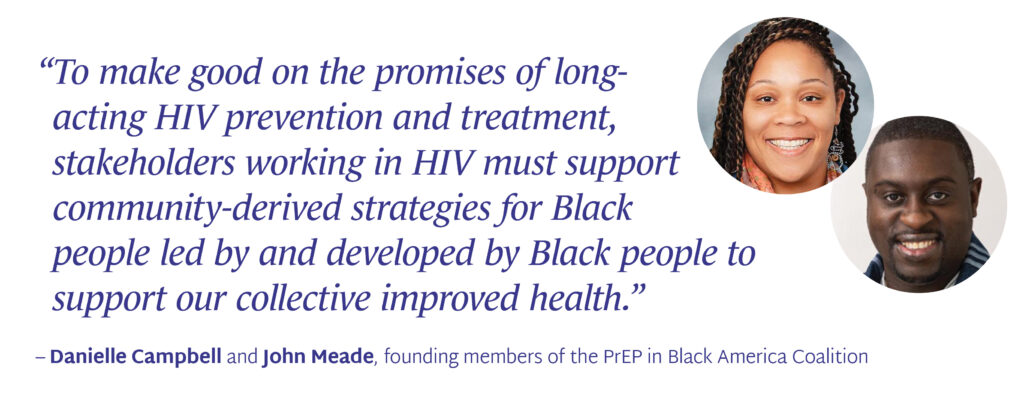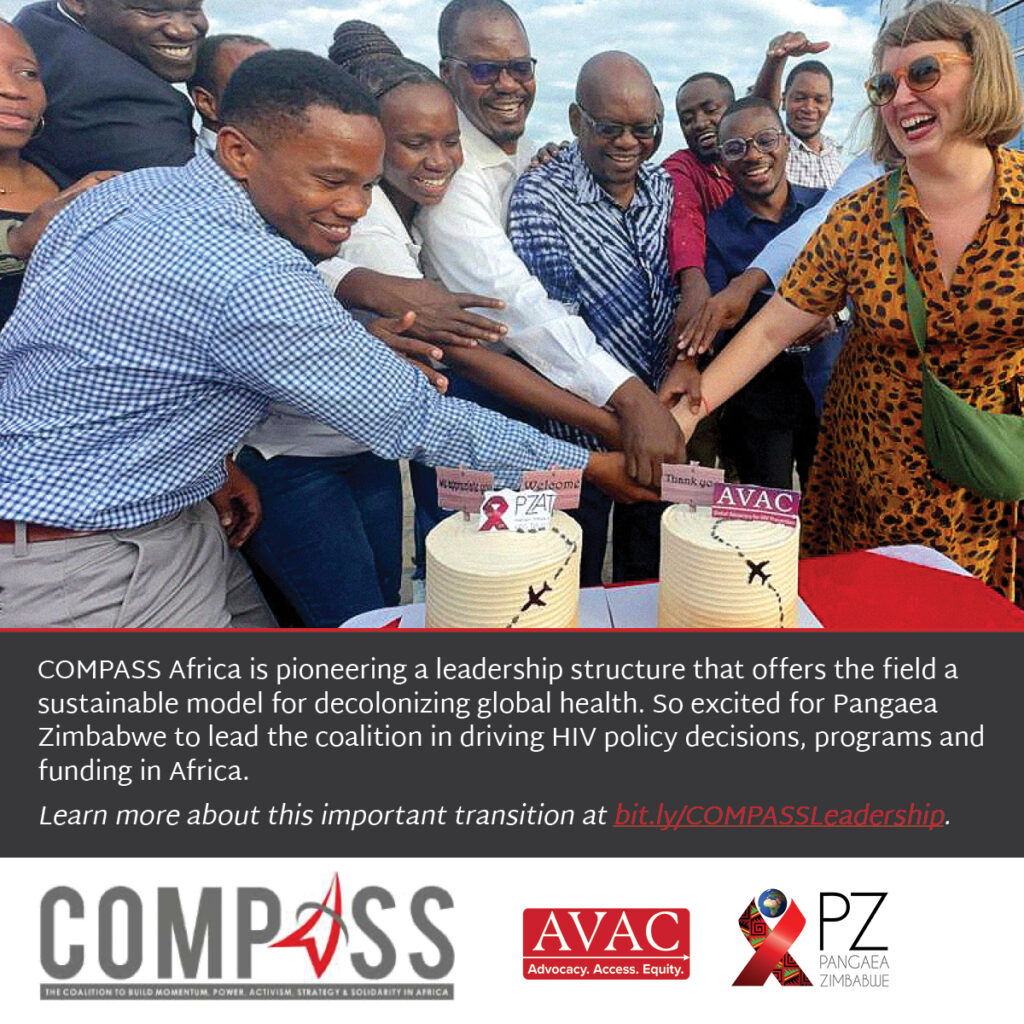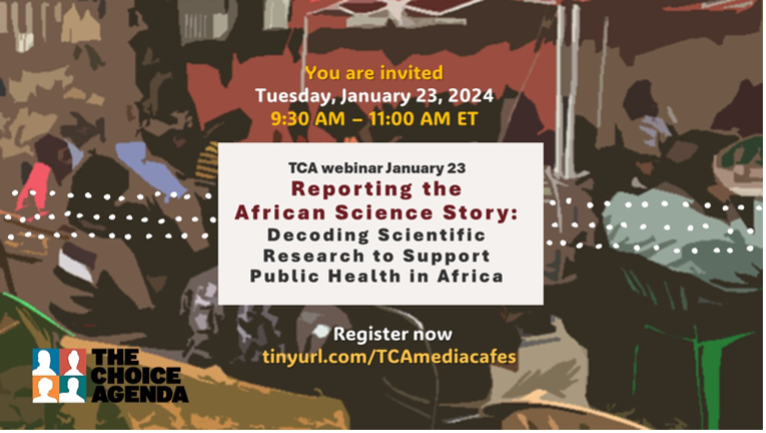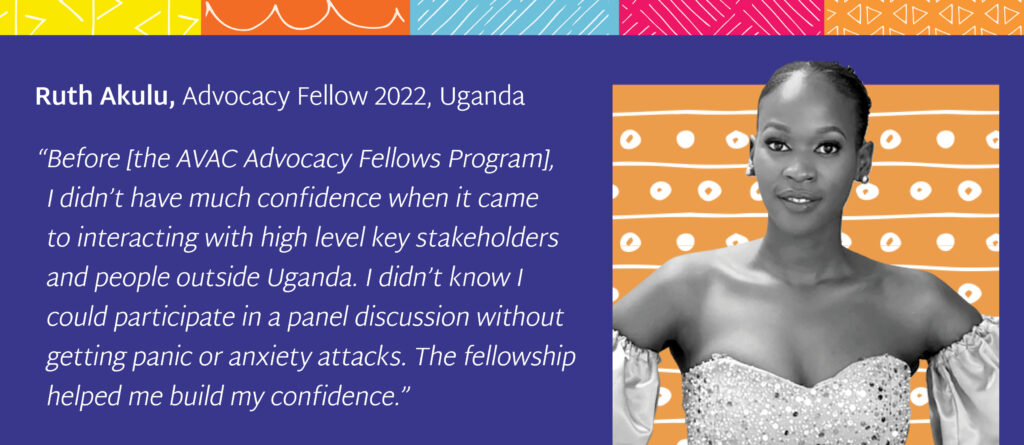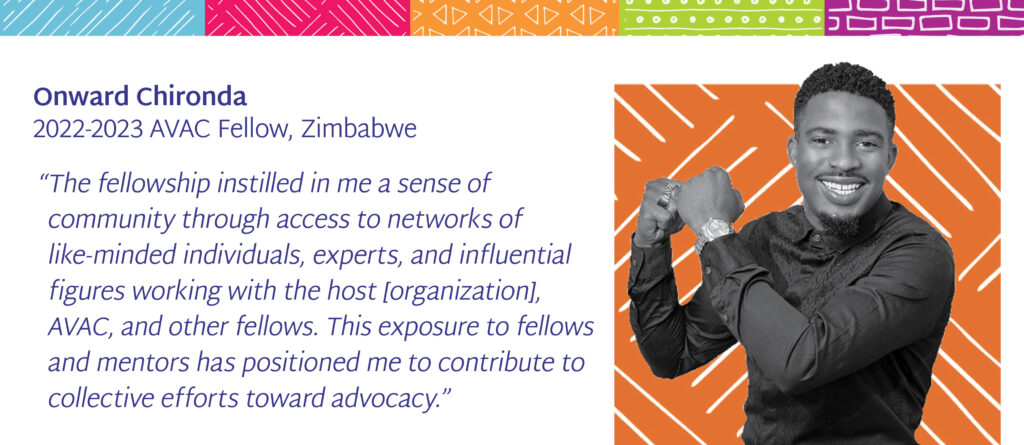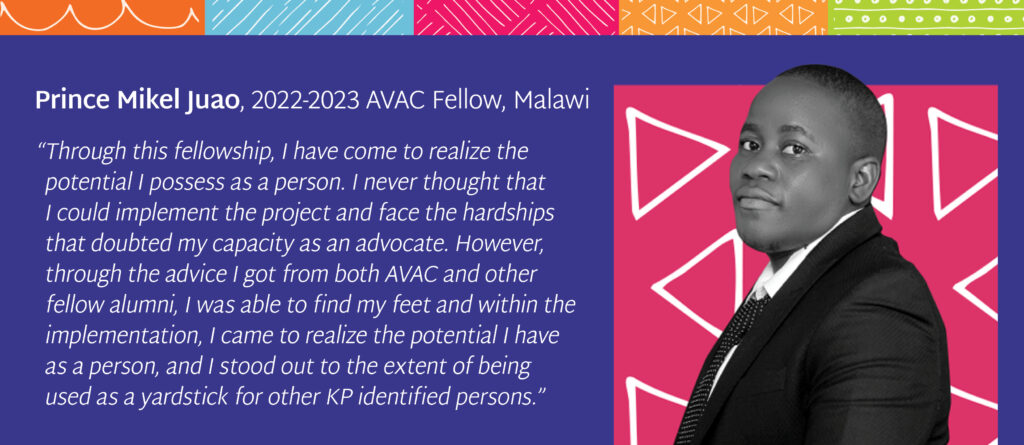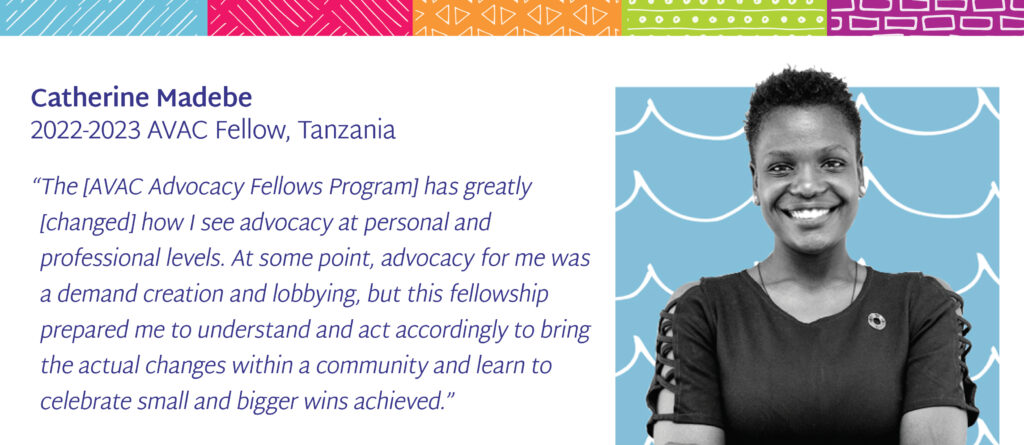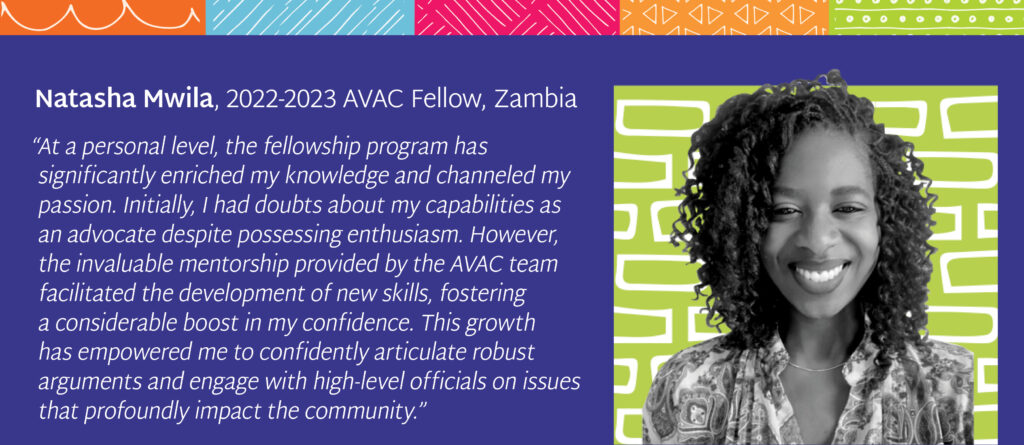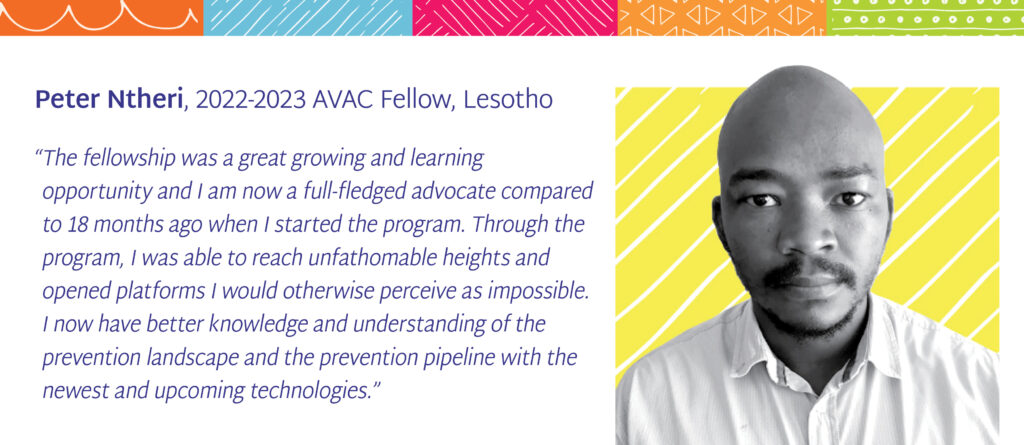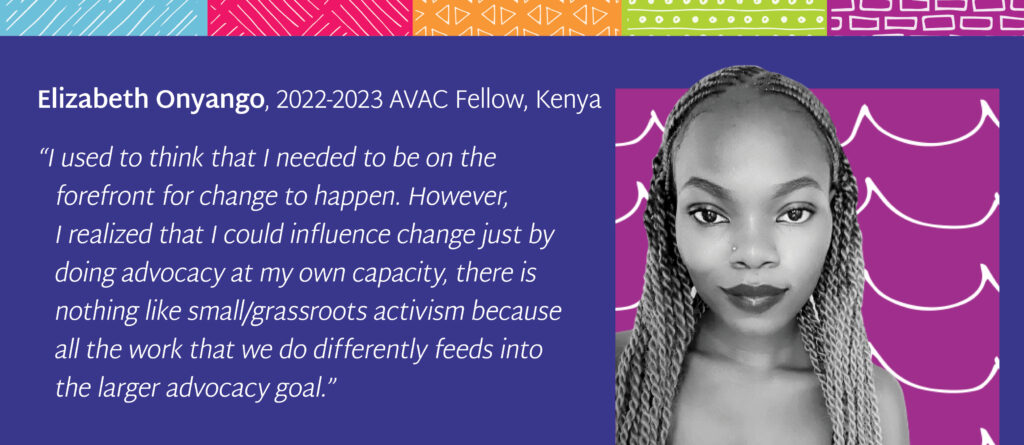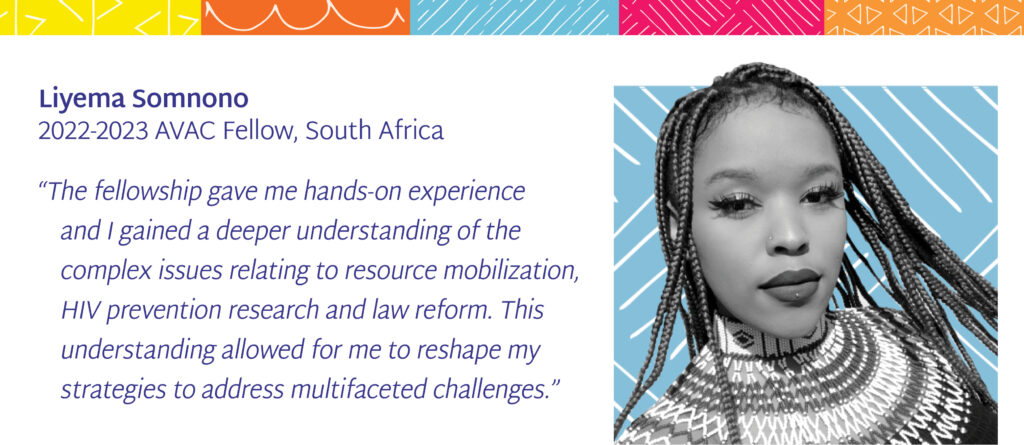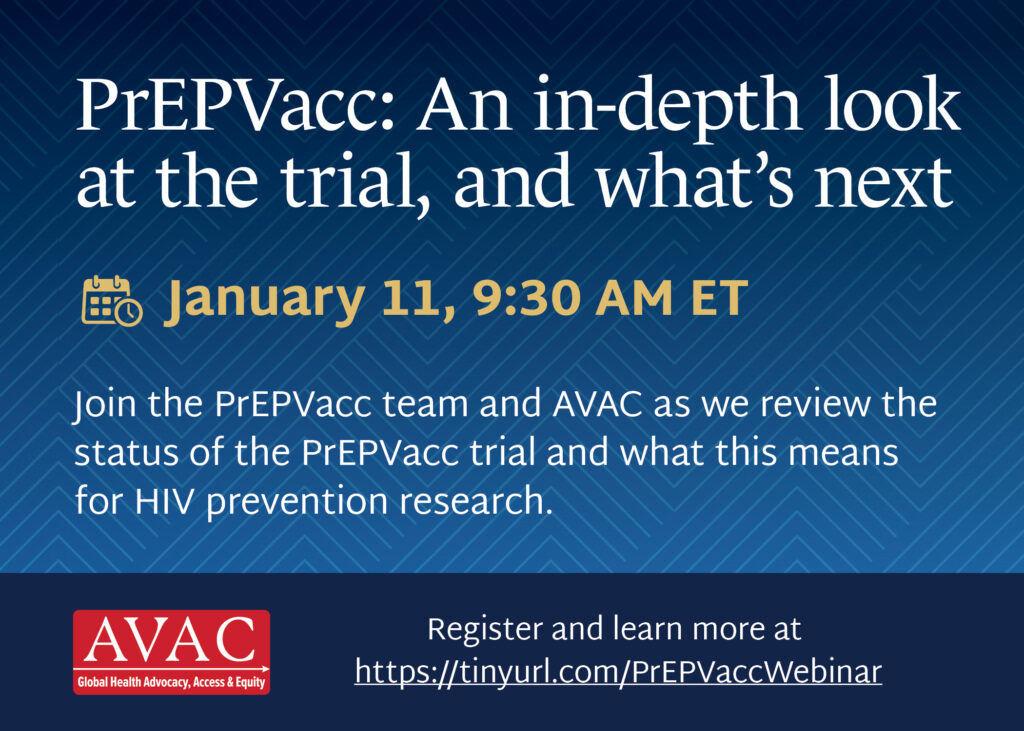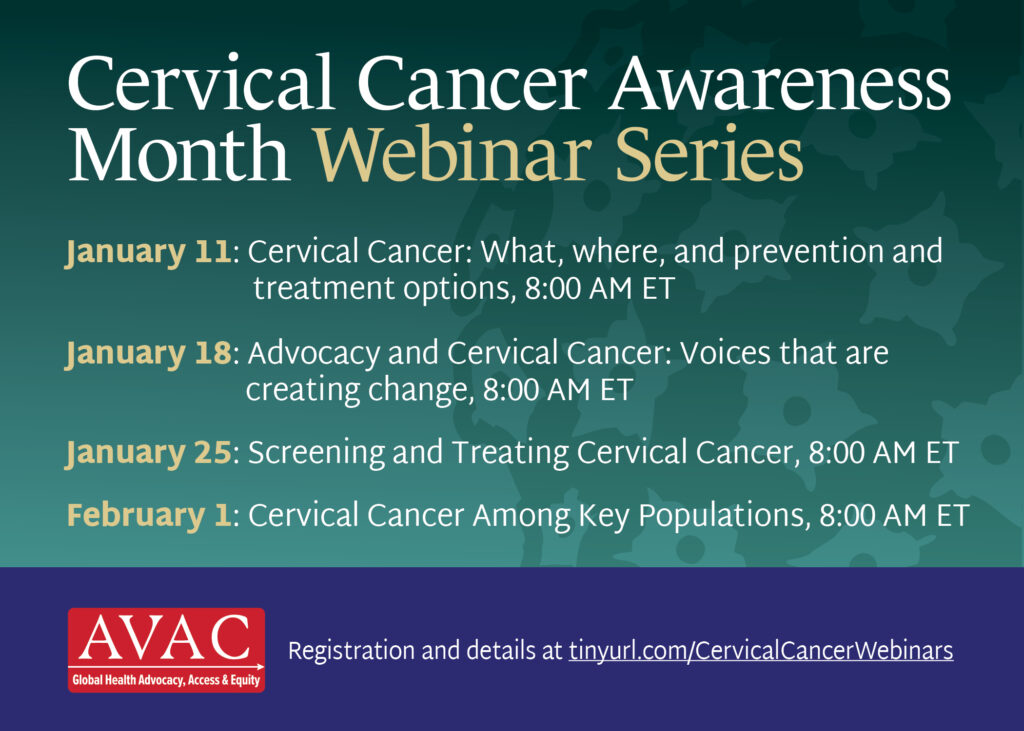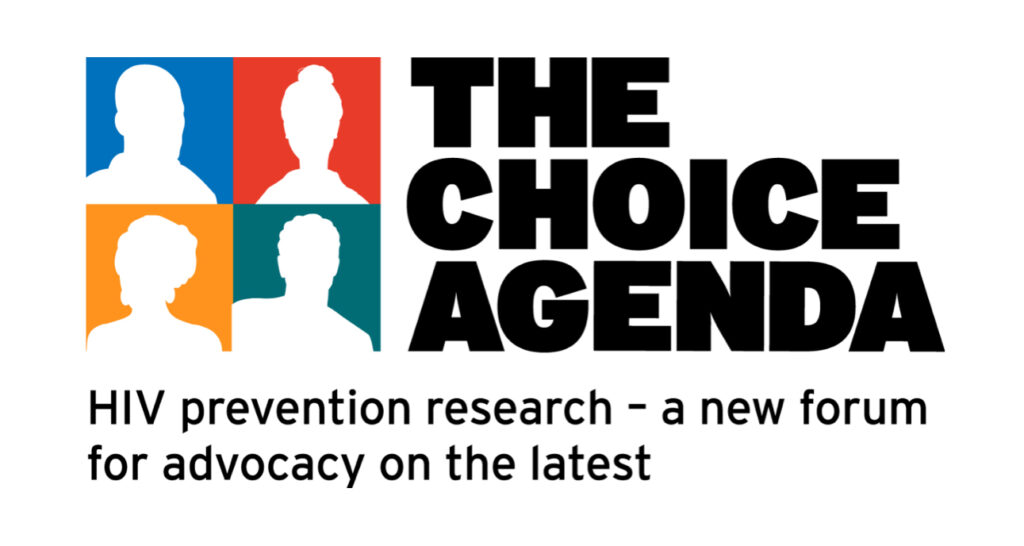By Sam Rick, Multilateral Engagement and Pandemic Preparedness Advocacy Specialist at AVAC
From the beginning of the global HIV/AIDS response movement, often before governments and policymakers became engaged, civil society and communities have led the charge. In addition to providing direct prevention and treatment services – particularly to those often excluded from the health system due to discrimination, stigma, affordability, and physical access barriers – civil society organizations (CSOs) serve crucial roles holding governments and policymakers accountable, leading activists to demand essential services, and building trust within the community.
This legacy is felt in the operations of the President’s Emergency Program for AIDS Relief (PEPFAR) and the Global Fund to Fight AIDS, TB, and Malaria (GFATM). Both give civil society and affected community groups explicit roles in their governance and operation and provide direct funding to support their efforts or build capacity where needed. These programs have contributed to the growth of CSOs across HIV-burdened countries and increased recognition of the impact that strong civil society and community engagement can have on health outcomes. They support government program implementation by monitoring delivery at the local level, use their knowledge and expertise of hard to reach populations to inform program design, and urge public and private partners to act on emerging issues where political will and commitment falls short. The transformative impact of strong CSO and community engagement is the most important and enduring lesson from the global HIV/AIDS response.
Despite the hard-fought battles to secure the legitimacy and recognition of the baseline requirement of civil society engagement in the HIV/AIDS response over decades, new initiatives in other health areas have failed to meaningfully build upon existing engagement mechanisms and fully integrate CSOs as an essential driver of policy and programming. While some initiatives have opened up limited room for CSO engagement, the space at the table has only been secured after public criticism and organized campaigns. Advocates continue to be forced to have the same fight over and over with each new program or fund or secretariat, fighting to secure the absolute minimum of two voting seats and consultation before decisions are made.
This is not a complete surprise. Globally, civic spaces are shrinking as global anti-rights movements are gaining momentum. Growing insecurity in the wake of international conflict flare-ups gives policymakers justification for rationalizing the limitation of meaningful civil society engagement. This dynamic has plagued international negotiations that had previously instituted meaningful engagement structures, including in the scaling back of civil society representation at the World Health Assembly, refusal to sanction a formal engagement mechanism for UN High Level Meetings, continuously dismissed requests for even observer status during Pandemic Accord negotiations, and hostility toward civil society and community advocates at international fora such as ICASA. For many governments, the global circumstances necessitate bypassing consultation and opting for rapid, decisive action, resulting in severely missed opportunities to improve health outcomes and program effectiveness. Beyond just a more limiting environment, the fiscal environment is shrinking as well, and meaningful engagement is costly. Bringing people to the table and giving them the space to truly influence decisions takes time and effort. Gathering wide input can often change scope and plans, sometimes throwing champions of a given initiative back to the drawing board.
Yet the cost of doing business and delaying start up in order to be sufficiently inclusive is an essential investment – what good is it to get money out the door quickly if it doesn’t go where it is needed? If services aren’t used, products expire, and disease spreads further? The short-term trade-offs of meaningful engagement are real, but they can be mitigated. We have over 20 years of experience to build on and leverage, and civil society and community advocates have decades of expertise in direct global health governance and service delivery to draw from. And as anyone who has spent any time in a Global Fund board meeting will tell you, there is little basis in some of the fears governments have around open, consultative processes. They do not descend into petty squabbles or dead-ends. They do not slow action or stymy decisions – for example, the Global Fund, with three voting seats allocated to civil society and communities, was among the most agile institutions during the COVID-19 crisis.
We call on decision makers, government representatives, and multilateral institutional leaders to enshrine a baseline level of meaningful civil society engagement practices within international fora, and to fight back against the growing tide of penning in valuable and essential expertise and networks.
We have seen in the 40 years of HIV/AIDS that meaningful engagement really turns the tide where biomedical interventions have plateaued in their usefulness. Preventing, preparing, and responding to disease outbreaks necessitates population trust, understanding of regional or cultural ways of working, geographical limitations, and true community needs. We cannot build effective health infrastructure by erecting barriers to civil society and community leadership.
